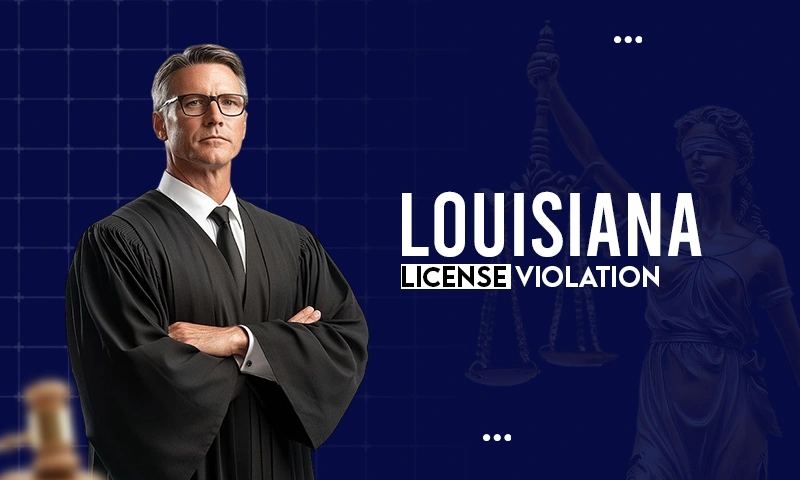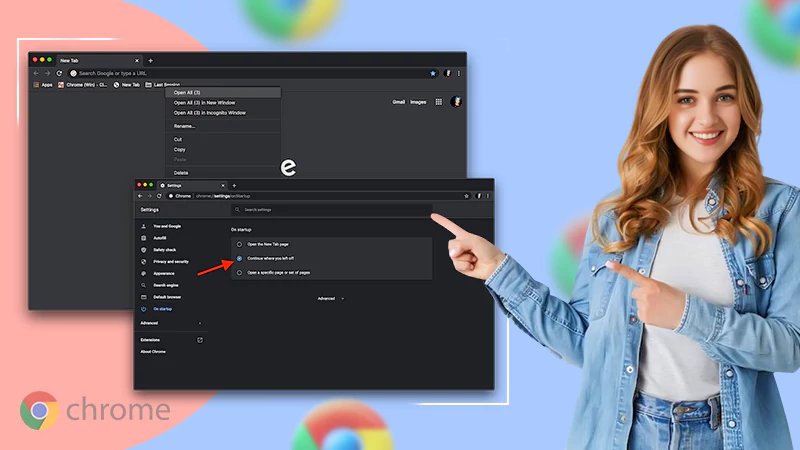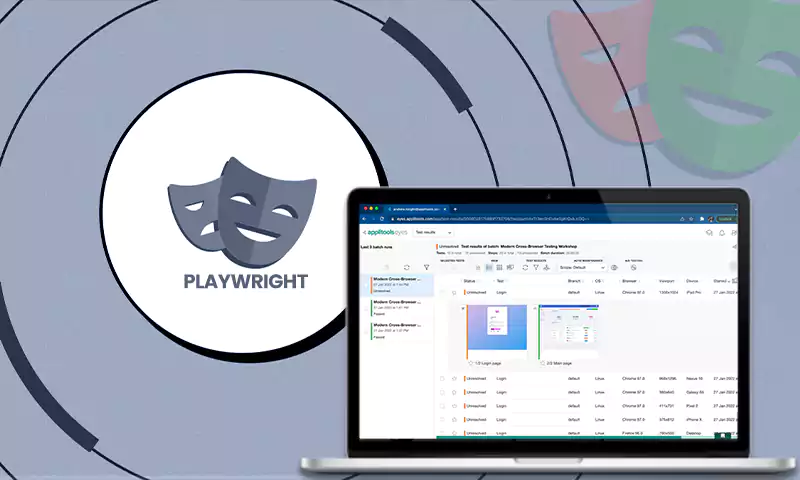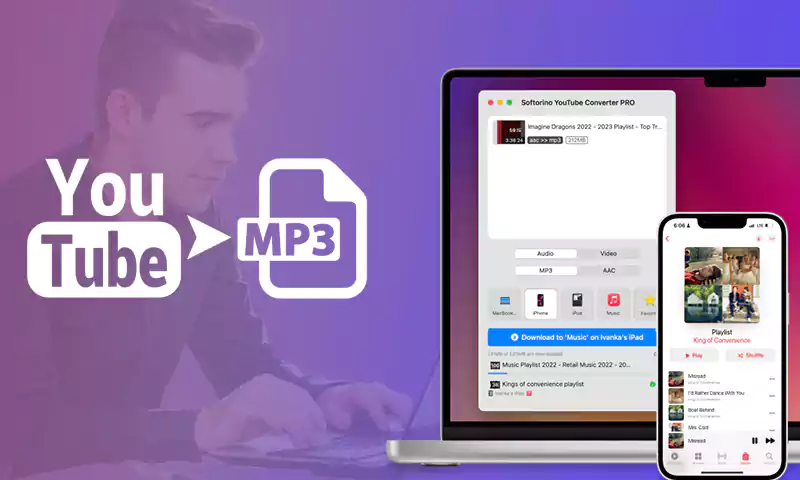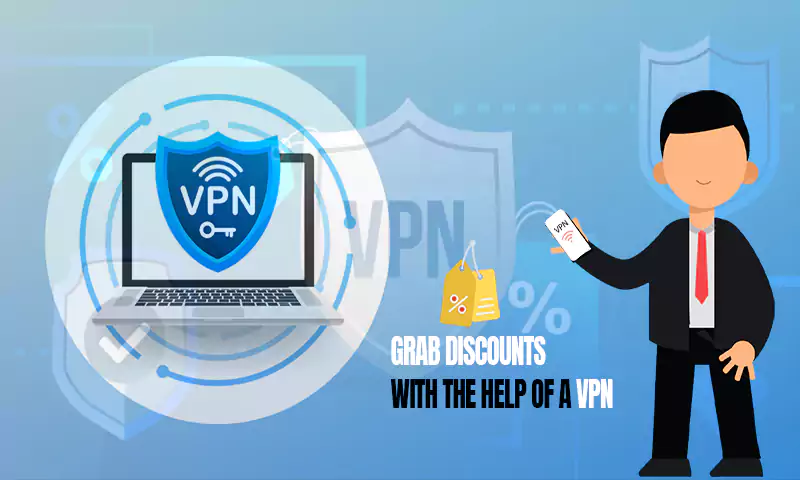How to Protect Your Kids from Online Threats
We must aim to protect our youngest from online threats that lurk almost everywhere they like to congregate, share, talk, and play. Every time we use the internet, there is a constant chance that we could become victims of attacks. Teenagers and children are especially vulnerable to this as they are unaware and not interested in security.
This danger is more severe because children are using the internet at younger and younger ages these days, particularly in developed nations. For example, nearly all American children aged three to eighteen have access to the internet at home now. A comparable percentage of young people in Europe between the ages of 16 and 29 also reported using the internet every day. The internet is even more widely available and is the quickest in the world South Korea and similar countries in the Far East.
As such, families, schools, and governments are concerned about the urgent problem of children’s internet safety. It can result in several risks if it is not handled. For these reasons, we need to discuss how to keep children safe in the digital realm, which involves several steps you as a parent or caregiver need to take. The better your awareness of the risks is, the better you can protect our youngest.
What are Online Threats?
There is a wide variety of material available on the internet. It is a great resource as a result, but it is also challenging to stop kids from accessing inappropriate and harmful material, like cruel, violent, or sexual pictures and videos. Children frequently come across explicit, upsetting, or unsuitable content online.
Even websites made especially for children, like YouTube Kids, occasionally have harmful material masquerading as kid-friendly amusement. This is simply the nature of these platforms.
An innocent online search could turn up web pages that support radical ideologies such as racism, religious extremism, violence, and suicide, too. Furthermore, online advertisements are also inescapable and can be incredibly exploitative and deceptive (even harmful to your devices).
Protecting the Young Ones from Online Harm
Online predators and potentially harmful individuals can interact with children. Children might be threatened, tricked, or convinced into divulging private information to strangers they encounter online on social media or large gaming platforms. This may result in extortion, sexual assault, stalking, or pestering.
The majority of social media sites screen their content for objectionable material targeted at minors. However, controlling the millions of messages that go online every day is all but impossible. As a consequence, predators, false information, and improper or disturbing material are common on social media sites like Discord, Twitch, YouTube, Steam, and many others.
Next up, virtual reality (VR) material poses a further revolutionary obstacle, while chat rooms and messaging applications like Facebook Messenger and WhatsApp are even tougher to control. They may subject young people to more dangers even though they can be extremely immersive and entertaining. What about the Multiverse? That’s another issue these days.
Without proper adult guidance, kids may act in ways that harm others online, or they may become the target of such behavior. It can also affect their mental health. This can include copyright infringement, bullying, sexual harassment, and the like. It can also include producing or spreading possibly harmful material.
Children may enter into blind contracts, privacy policies, and terms & conditions while online that they are unaware of or do not completely understand. You see, scammers and criminals love to prey on kids and the elderly for that reason. Also, youngsters might press a button that permits a company to email them offensive advertising or gather their personal information in the blink of an eye.
Other dangers include those related to privacy, cutting-edge technology, including those posed by AI and the Internet of Things (IoT), and risks to health and well-being, including those related to poor physical and mental health brought on by excessive internet use.
Young people and children may also unwillingly download a virus or fall for an email scam. This can lead to stolen passwords, and hijacked accounts, and can even affect if your financial accounts are linked to your child’s.
Educate Your Kids, Make Them Aware, and Use Tools
Yes, there are many things you can do to educate children about internet safety and responsible online conduct without substantially limiting their access to beneficial online opportunities and tools. After all, the internet is a must, and living without it is difficult.
Even if you manage to prevent your child from using the internet, it might be ineffective because they might use it unsupervised and behind your back, which is even riskier and a bad strategy. As such, numerous studies demonstrate that the best way to keep kids secure online is through education and examples, as opposed to an outright prohibition that would leave kids uninformed and exposed to potential internet safety risks. It would also leave them quite depressed.
One of the most important internet safety recommendations is to talk openly with your kid about their online experiences. Inquire about their real-life and internet experiences in a calm, friendly manner.
Whatever their age, your child can also be secured online with parental controls. These settings automatically censor the content your child may access, limit the hours they can use the internet, and let you keep an eye on what they do online.
Although certain parental control tools are available for a variety of devices, the majority of contemporary households have a wide range of devices with various operating systems. Using third-party parental control software is one way to get around these restrictions and ensure improved internet safety. This necessitates the installation of several parental controls, which might be complicated and result in gaps in your limitations.
There are numerous options available. The top three parental control apps at the moment are Qustodio, Bark, and Kaspersky Safe Kids. However, these are not the only ones new ones crop up every year. Check the parental forums for this info!
Finally, remember that the internet is a fantastic resource but has its fair share of threats. Blocking children’s internet access is not a good way to keep them safe. Instead, keeping children safe online should depend on education, communication, and reasonable restrictions until they reach the age of an adult, which varies around the world.
Be Reasonable and Use Common Sense
As a parent, caregiver, or friend, building trust with the young ones and creating a habit of discussing their online experiences is extremely important. From a young age, set reasonable ground rules for internet usage, and change these rules as your child grows and matures. Keep monitoring and remember: what works for a 5-year-old may only cause friction and arguments around the house with a feisty teenager.
Share

